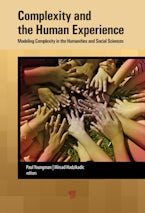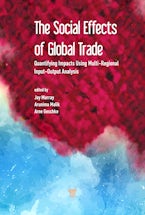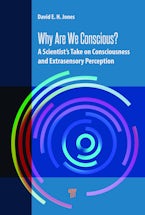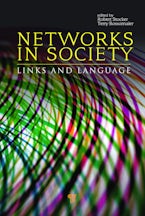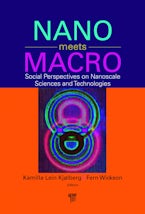The humanities are not known as a quantitative field. Questions of values, ontologies, ethics, aesthetics, discourse, origins, language, literature, and meaning do not lend themselves readily, or traditionally, to equations, probabilities, and models. However, with the increased adoption of natural science tools in economics, anthropology, and political science, to name only a few social scientific fields highlighted in this volume, quantitative methods in the humanities are becoming more common. In the past three years, a group of researchers affiliated with the Complex Systems Institute at the University of North Carolina Charlotte organized a series of symposia sponsored by the Association for the Advancement of Artificial Intelligence aimed at better understanding of the role of modeling and simulations in the humanities and social sciences. One particular methodology seems to be particularly apt for such domains of human inquiry—Complex Adaptive Systems. Although originally advanced in Physics, the theory of complexity, with its various associated tools, holds significant promise for better understanding social and human phenomena based on interactions among the participating “agents,” whatever they may be: a thought, a person, a conversation, a sentence, or an email. Such systems exhibit phase transitions, feedback loops, self-organization, and emergent properties. These dynamic systems lend themselves naturally to the kind of analysis made possible by models and simulations developed with complexity science tools. This book offers a tour of quantitative analyses, models, and simulations of humanities and social science phenomena that have been historically the purview of qualitative methods. This is the first book of its kind that deals with computer modeling in both the humanities and the social sciences, and thus, simultaneously creates and explores new ground.
About the Editors:
Paul A. Youngman is associate professor of German studies at Washington and Lee University, USA, and a faculty associate at the North Carolina Complex Systems Institute. He is author of Black Devil and Iron Angel, an analysis of the aesthetic reception of the railway in nineteenth-century Germany, and We Are the Machine, a study of computers, the Internet, and information in contemporary Germany. Prof. Youngman has also authored numerous articles on technology and culture.
Mirsad Hadzikadic has over 30 years of information technology experience combining business and academic environments. He currently serves as the founding director of the Complex Systems Institute at the University of North Carolina at Charlotte, USA. Dr. Hadzikadic’s research interests include data mining, health informatics, complexity theory, brain informatics, and a systems view of policies in financial services, economics, defense, healthcare, and political science.

